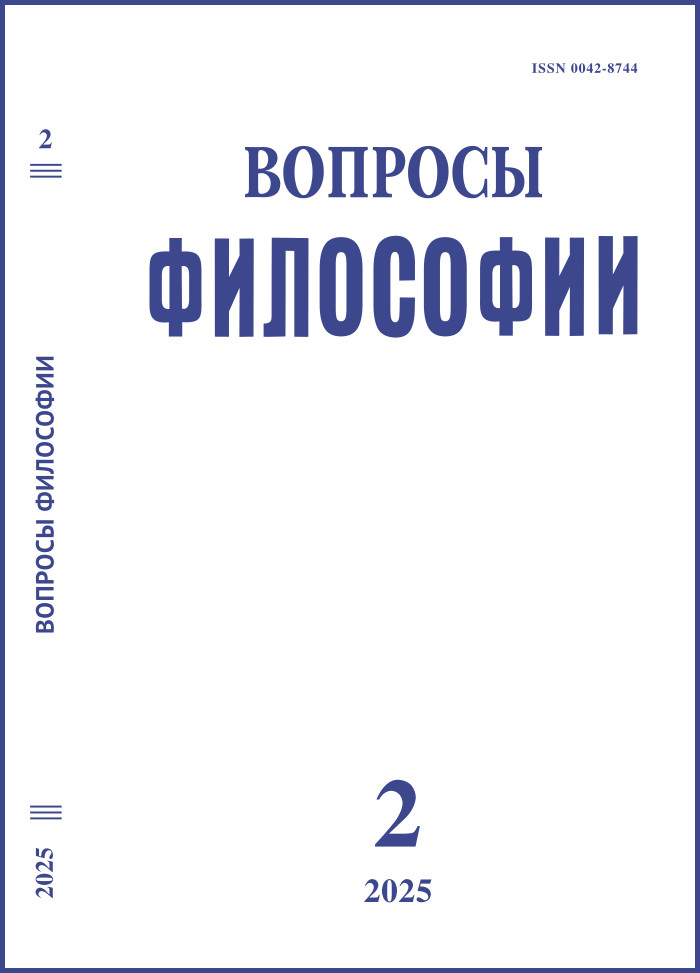The Salisbury Group and the Phenomenon of Cultural Conservatism in the Context of the Cambridge Intellectual Tradition
DOI:
https://doi.org/10.21146/0042-8744-2025-2-27-37Keywords:
cultural conservatism, Salisbury Group, Roger Scruton, Cambridge School, New Right, Peterhouse Group, Cambridge intellectual traditionAbstract
This article examines the origins and ideological foundations of the Salisbury Group within the broader landscape of British cultural and political conservatism during the latter half of the 20th century. The author explores the historical and ideological crisis facing English identity and the conservative response to these developments, highlighting the role of Cambridge University as a bastion of conservative thought at the time. The Salisbury Group, distinct from other conservative factions in its emphasis on cultural hegemony and the primacy of national identity, sought to exert direct influence on the political life of Britain. The group championed policies that diverged from mainstream conservatism, stressing the significance of cultural and institutional continuity, the role of the state in preserving national culture, and opposing liberal globalism. This article offers a thorough analysis of the Salisbury Group’s philosophy, its critique of liberal economic and social policies, and its efforts to influence British conservatism by anchoring political practice in cultural conservatism, thus providing a distinctive perspective on the intellectual and political debates in Britain during the late 20th century.

